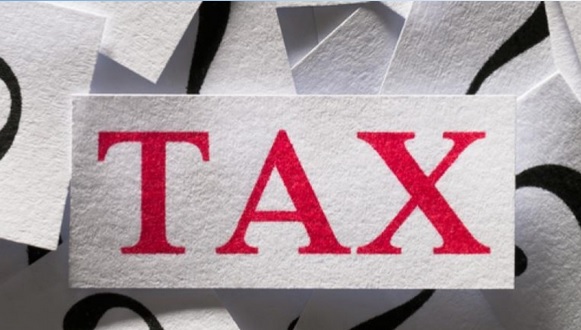Exclusive Q&A On Corporate Tax With Tom McClelland
Posted: 9th March 2015 08:51
1. Are there any regulatory changes or litigation trends which need to be monitored carefully in 2015?Vietnam’s tax regulations are always in a state of change. Many of the changes applicable in 2015 are positive, including the removal of the cap on deductibility of advertising and promotional expenditure and the re-introduction of certain corporate income tax incentives including incentives for business expansion. The application of the new incentives to existing enterprises is however complex and depends upon the specific circumstances of each company. There are still areas which the tax authorities acknowledge they need to clarify. As the application of tax incentives is technically based on self-assessment detailed review is essential. Transfer pricing will continue to be a key focus of the Vietnam tax authorities.
2. Against the backdrop of increasingly complex regulatory and tax compliance requirements, how can companies ensure they meet their tax obligations and manage their risk assessment status?
The attention to taxation matters by companies is not always consistent with the development of the tax legislation and the tax authorities. Companies are now subject to regular audit, additional tax and penalties can be substantial. Due to the increased focus of the tax authorities on transfer pricing transfer pricing documentation has become more widespread. More attention is required in terms of corporate tax, including in particular to reviewing supporting documentation which is still the main focus of tax authorities on audit. The tax authority appears to be committed to making the new APA regime successful and this is an avenue for taxpayers to obtain more certainty.
3. What advice would you give to a company being investigated for their tax practices?
In Vietnam tax audits have been decentralised to local tax authorities. There is no effective independent mechanism of appeal from a decision of the local tax authority. Appeal is first to the local tax authority, then to the central tax authority and finally to the Ministry of Finance. Given the low likelihood of a significant difference of opinion it is advisable that issues are addressed and resolved at the local tax authority level first and preferable during the course of the audit, rather than at the time the local tax authority has issued its draft conclusion or later.
4. What benefits or pitfalls should an organisation look for when deciding whether to conduct business in a new jurisdiction?
In commencing to do business in Vietnam the most dangerous assumption to make is that the tax and other regulatory principles are the same as in other countries. One example of this is the application of tax treaties in Vietnam. Another example is supreme importance of documentation in Vietnam and the prescribed form of that documentation. It should not be assumed that what is pragmatic or acceptable in another jurisdiction should be acceptable in Vietnam. While the requirements may often be seen as onerous, failure to fully comply with them is likely to have serious impacts including non-deductibility of expenditure, additional taxable income or the application of withholding tax.
5. Are there any attractive incentives for multinational corporations (“MNCs”) in your jurisdiction?
Vietnam has recently re-introduced and extended corporate income tax incentives that were significantly curtailed in 2009. In particular corporate income tax incentives are now available for general manufacturing and for business expansion, subject to certain conditions. Previously the incentives were only for limited industries e.g. hi tech, or for being located in encouraged, generally more remote, areas. Corporate income tax incentives are now available for manufacturing located in an industrial zones located outside the main city centres. As new manufacturing projects are is now required to be in industrial zones from a licensing perspective and outside the city centre, these new incentives will have broad application.
6. What are the main tax risks and challenges when conducting cross-border M&A?
Cross-border M&A has become significantly more risky and challenging recently, in particular where it involves the direct sale of shares in a Vietnamese non-public company. This is due to new requirements that the funds must pass through Vietnam, even where the transaction is between two offshore parties, as well as new regulations on the application of tax treaties imposing strict substance requirements.
With respect to the Vietnam target entity detailed due diligence is essential. The Vietnam tax authorities are now focussing on high profile transactions. Vietnam has a lengthy statutory limitation period on re-assessment of 10 years and significant penalties.




Comments